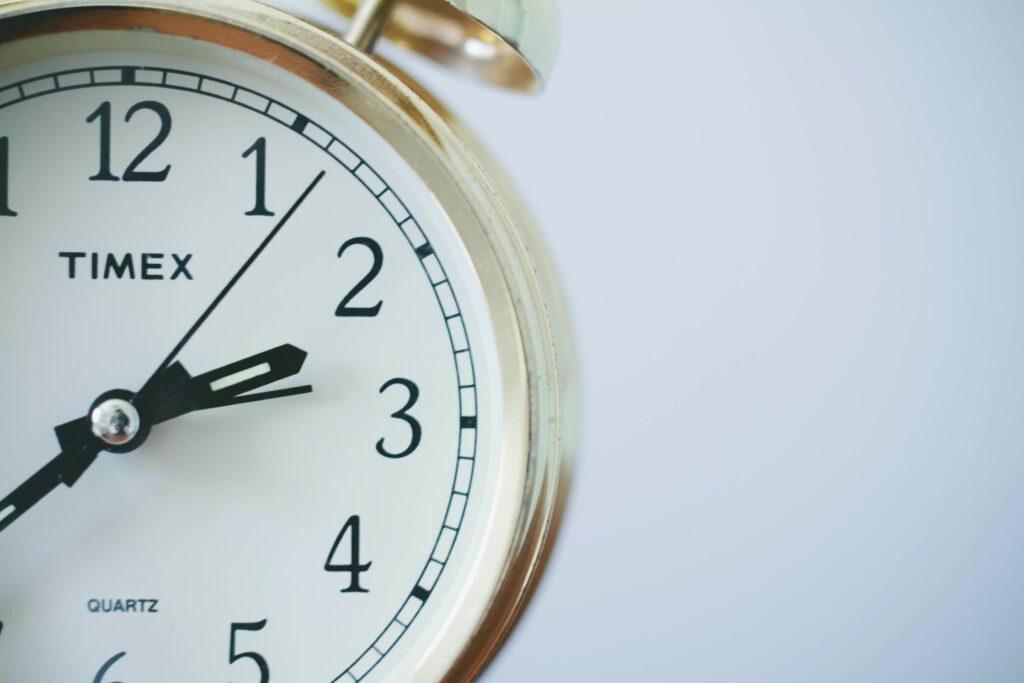They don’t call it “the grind” for nothing. Today we’re working more than ever before while taking less time off. Breaks during the workday are often seen as a luxury rather than standard operating procedure, with many professionals forgoing lunch and eating at their desks instead. This relentless schedule leads to more stress, burnout, and a lower quality of life. It can also negatively impact performance and determine employee success or failure.
While you can’t control much at work, there are small steps you can take to manage your stress levels and prevent yourself from getting overwhelmed. One of these steps is utilizing frequent microbreaks during the workday.
What are microbreaks?
Microbreaks are short, voluntary breaks—anywhere between 30 seconds and 5 minutes—taken frequently throughout the day. This could mean getting up from your desk to stretch, taking a brief walk around the building, getting a cup of coffee, or stepping out to make a personal call. It doesn’t matter what you do during your break, as long as it serves to get you away from your desk, distract you, and interrupt your focus.
Why are microbreaks beneficial during the workday?
Microbreaks have positive effects on both your mind and your body. In fact, research has found that frequent microbreaks during the day can be just as beneficial as long breaks, if not more. These brief hiatuses enable us to disengage from work temporarily for the sake of our productivity. Microbreaks have been shown to reduce stress, improve concentration, keep energy levels up, have a calming effect on individuals, and take the strain off certain parts of the body. In addition, it’s well known that our sedentary lifestyles are bad for our physical health; getting out of your seat frequently each day will counter the ill effects of a 40+ hour-a-week desk job.
How to ensure you take your microbreaks each day?
Like anything, reaping the benefits of microbreaks is a matter of execution. We all know we’d be better off going to the gym several days a week, but putting that into practice and following through is another matter. Microbreaks take significantly less effort and commitment, making them easier to execute. To ensure you don’t get caught up in work and forget to take them, schedule calendar reminders during the day to alert you it’s time for a microbreak. Or partner up with a co-worker and set up regularly scheduled meetups. As with going to the gym, having a partner will increase the likelihood that you follow through. Perhaps the easiest way to stick to a regular microbreak routine is to drink a lot of water while at work. Doing so will ensure you get up and away from your desk regularly.
Work is stressful enough, and sitting at your desk all day without a respite doesn’t help matters. While you might not have time to take breaks or even a typical lunch, brief pauses taken frequently throughout the day will prove to be beneficial to your emotional, physical, and professional health.
[/fusion_text][/fusion_builder_column][/fusion_builder_row][/fusion_builder_container]





